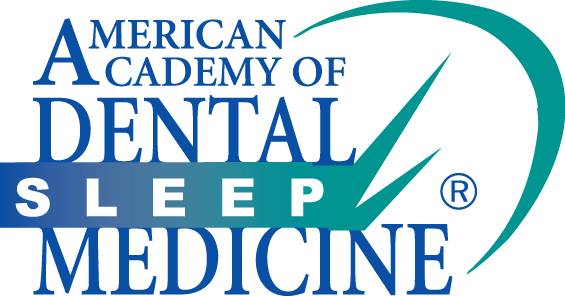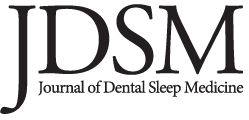
Editorial 1, Issue 3.2
What is Success?
http://dx.doi.org/10.15331/jdsm.5712
Leslie C. Dort, DDS, Diplomate, ABDSM, Editor-in-Chief Journal of Dental Sleep Medicine
Calgary, Alberta, Canada
During a recent webinar discussing the latest AASM/AADSM clinical practice guideline for the treatment of obstructive sleep apnea (OSA) with oral appliances (OAs) a participant asked whether the guideline defined what is considered treatment success with oral appliance therapy. This question has a number of answers depending on where OA therapy is placed in the treatment recommendations for OSA. If OAs are to be considered for all severities then evidence suggesting outcomes equivalent to other treatments, primarily CPAP, is required. Does that evidence exist? What about the question, “What is the definition of CPAP success?” Perhaps it is best to begin with the broader questions “What is quality care for adults with OSA?” and “Can OA therapy provide quality care for OSA?”
The recent publication, “Quality Measures for the Care of Adult Patients with Obstructive Sleep Apnea”1 identified three outcomes to be applied and assessed in order to improve the quality of life and cardiovascular outcomes for individuals with OSA as well as increase public safety. The three measures were: (1) improve disease detection and categorization; (2) improve quality of life; and (3) reduce cardiovascular risk.
The first measure, disease detection and categorization, requires multi-disciplinary collaboration so the dental sleep medicine clinician has an accurate diagnosis and staring point to therapy.
The second and third measures address treatment issues whereby quality care is more likely to lead to “successful” care. Is OA therapy likely to lead to improvement in quality of life? The verdict is in. The meta-analysis conducted as part of the recent guideline states that “OAs are nearly equivalent to CPAP for improving QOL in adult patients with OSA.”2 For an introduction to quality of life measurement and tools (questionnaires) see the article by Sheats3 in this issue.
Are OAs likely to reduce cardiovascular risk compared to CPAP? The quality measure suggested by Aurora et al.1 is assessment of blood pressure. Two recent comprehensive meta-analyses have yielded very similar results: OAs are equivalent4 or nearly equivalent2 to CPAP in reducing blood pressure in adults with OSA.
Overall if quality of life and blood pressure outcomes are equivalent when patients are pooled together in meta-analyses does it make sense to say that CPAP is more effective than OAs?
What about the individual patient? Medical sleep specialists (clinical experience of myself and colleagues) continue to say that because CPAP is better than OAs at reducing AHI, it should be the treatment of first choice. What does the evidence say? The recent guideline found that CPAP reduced AHI more that OAs by a mean of 6.24 events/h (95% CI: 8.14, 4.34).2 Is a reduction of AHI of 6.24 events/h clinically significant?
The successful treatment of an individual with OSA is not a number such as AHI < 5, or < 10. It is a combination of outcomes and ongoing assessment. Hopefully, in the field of sleep disordered breathing we can move beyond the number and work towards a patient centered and patient relevant definition of success.
CITATION
Dort LC. What is success? Journal of Dental Sleep Medicine 2016;3(2):39.
REFERENCES
2. Ramar K, Dort LC, Katz SG, et al. Clinical practice guideline for the treatment of obstructive sleep apnea and snoring with oral appliance therapy: an update for 2015. Journal of Dental Sleep Medicine 2015;2:71–125
3. Sheats R. Health-related quality of life assessment toos and sleep disordered breathing. Journal of Dental Sleep Medicine 2016;3:49–55.
4. Bratton DJ, Gaisl T, Wons AM, Kohler M. CPAP vs mandibular advancement devices and blood pressure in patients with obstructive sleep apnea: a systematic review and meta-analysis. JAMA 2015;314:2280–93.
SUBMISSION & CORRESPONDENCE INFORMATION
Submitted for publication March, 2016
Accepted for publication March, 2016
Address correspondence to: Leslie C. Dort, DDS, 1016-68th Ave SW, Suite 150, Calgary, AB T2V 4J2, Canada; Tel: (403) 202-4905; Fax: (403)202-0266; Email: lcdort@gmail.com
